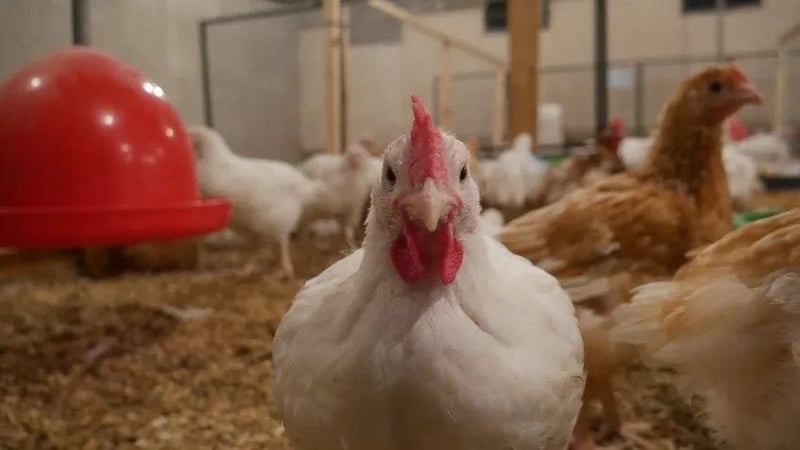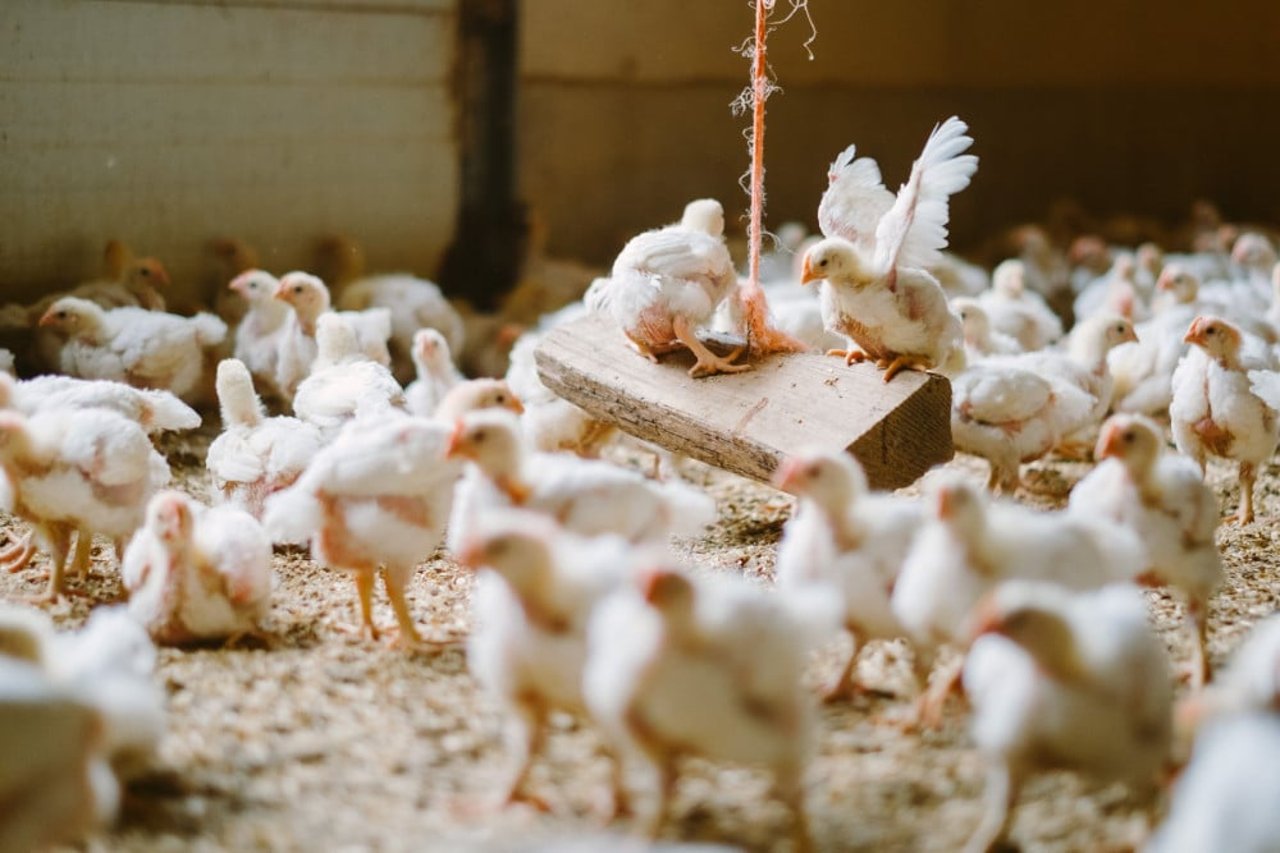
Indian startup, Licious commits to chicken welfare
News
Licious, an Indian startup that sells fresh meat and seafood online, will require its suppliers to meet their committed requirements for 100% of the broiler chicken in their supply chain by 2030.
In addition, Licious also shared their intent to actively press their vendors and support all the higher welfare standards to align with the Better Chicken Commitment in future fully.
Recently, World Animal Protection launched a global assessment investigating the welfare of chickens raised for their meat to be supplied to the world’s biggest Quick Service Restaurant (QSR) chains such as KFC, McDonald’s, Nando’s and Burger King.
‘The pecking order 2021’ report ranks fast food restaurants globally via publicly available information on how they are performing on their commitment, ambition, and transparency on chicken welfare in their supply chains.
Shockingly, most companies have shown no inclination to improve standards in Asian markets like India, so consumers are unwittingly buying meat of chickens that are subject to unnecessary suffering in low welfare conditions
However, Indian brand ‘Licious’, has taken the lead over other global QSRs in India for raising their animal welfare standards and has committed to chicken welfare which would benefit over 12 million birds per year by 2030.
By 2030, all suppliers of Licious will have to meet the following requirements for 100% of the broiler chicken in their supply chain:
- Maximum stocking density of 2.7kg/ ft2 (30kg/ m2) and prohibit broiler cages. Lower stocking densities result in better welfare outcomes.
- Provide birds enriched environments, including
- At least 50 lux of light, including natural light
- Meaningful enrichments including suitable perching spaces and pecking substrates (at least two per 1,000 birds).
- Full floor coverage with dry and friable litter
- Air quality: the concentration of ammonia (NH3) must not exceed 20 ppm and the concentration of carbon dioxide (CO2) must not exceed 3 000 ppm.
- No cages or multi-tier systems if they are used in the specific market.
- Demonstrate compliance with all standards via third-party auditing
Gajender K. Sharma, Country Director India at World Animal Protection, says:
“As more people take an active interest in the ethics of their food, more companies are willing to act. Now is the time for real change to happen, and companies that fail to move with the demands of the market are causing misery to millions of animals and risking their reputation. We are proud to see Licious taking the lead and hope others will also address this immediate issue by improving chicken welfare.”
Vivek Gupta & Abhay Hanjura, Co-Founders, Licious, says, “Earlier this year, we committed to being an ESG compliant organisation by 2022. Our ESG task force has hit the ground running & we have been making tangible progress. The commitment to chicken welfare is big on our ESG agenda, given that chicken occupies over 40% share amongst all our product categories. Licious is a purpose-driven organization that prides itself on being at the cutting edge of transforming a hitherto largely ignored meat and fisheries industry. We will continue our dedicated efforts towards a complete realisation of the ESG pledge.”
Says Rajesh K, Chief Quality & Sustainability Officer, Licious, said:
“The importance of sustainability and the need to source & consume safe & sustainable produce is a noticeable trend in India, particularly after the pandemic. We, at Licious, are committed to bringing the best to our customers. Our commitment to chicken welfare reiterates the same. In line with Chicken Welfare commitment Licious is exploring similar welfare programs in other categories as well. For Fish and Seafood, Licious has initiated an association with Friend of the Sea, the leading sustainable seafood ecolabel in the world, certifying both wild and farmed fish & seafood. It is the only recognized international program supervised by National Accreditation Bodies to provide sustainable seafood to its customers.”
World Animal Protection is calling on these global fast food companies to ensure that any chickens being served at their restaurants are guaranteed a life worth living.
